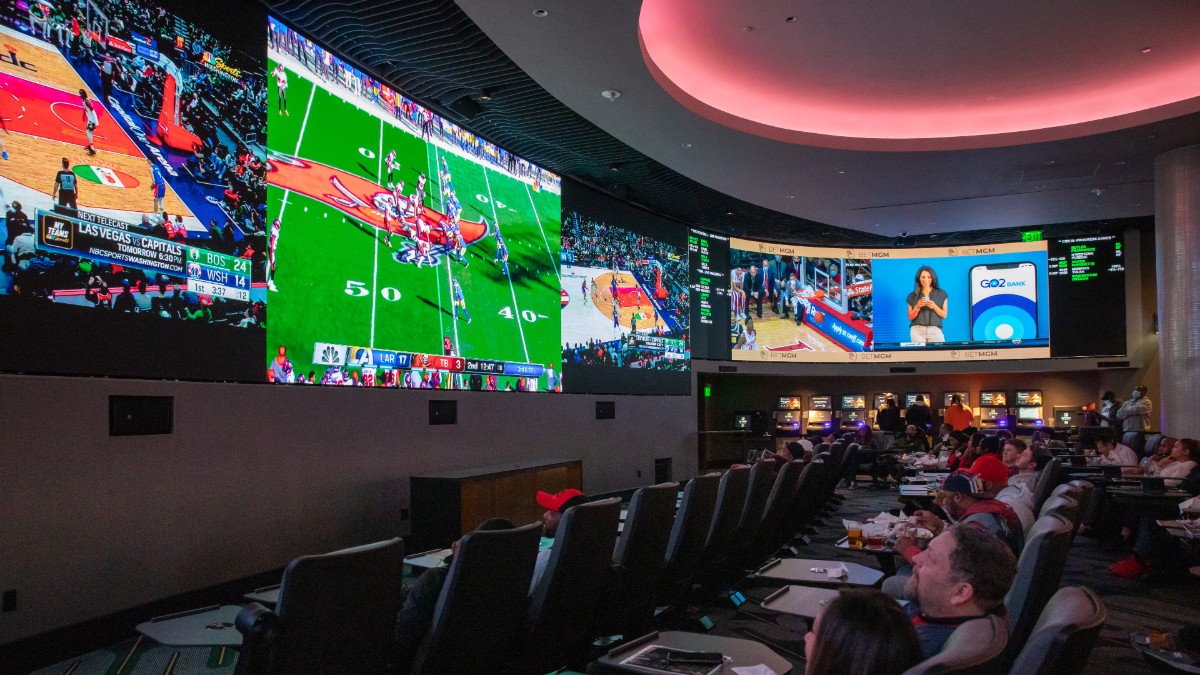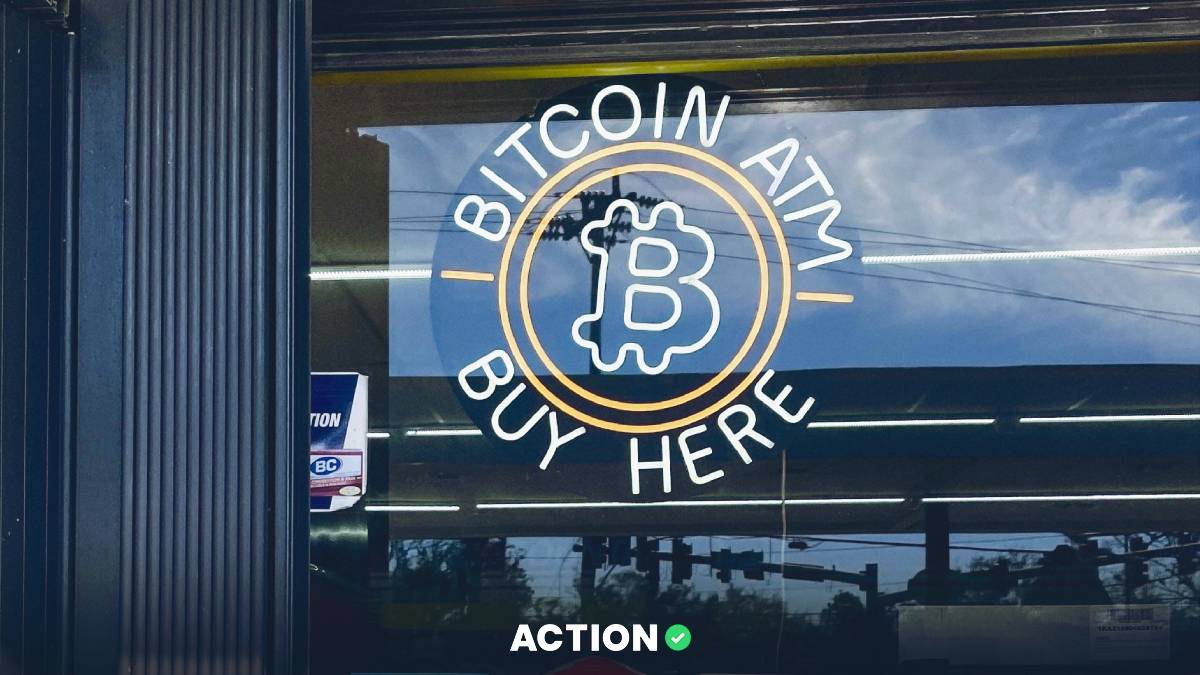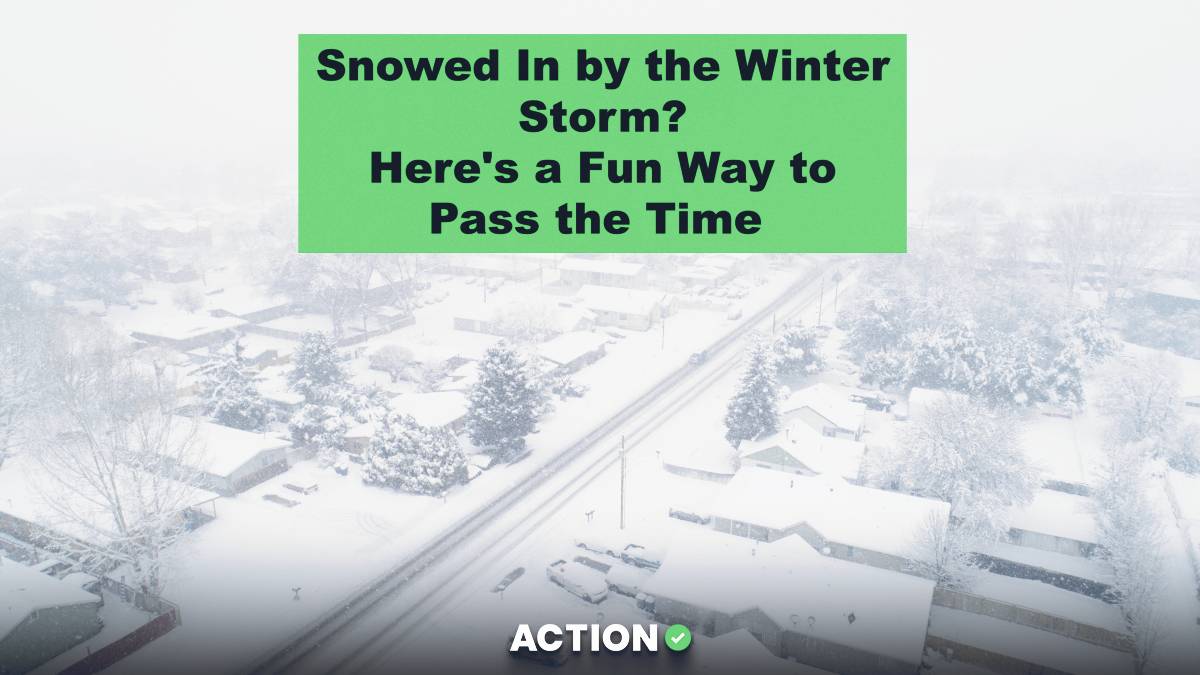The legalization of online sports betting and casinos has been widely met with enthusiasm and fanfare. More states are pushing forward legislation that will grow the availability and prevalence of online and offline gambling in the United States. Most bettors enjoy legalized gambling without issue, but there are those who will struggle with gambling addiction. This is why there is a need for responsible gambling initiatives.
According to the International Center for Responsible Gaming, about 1% of the United States population is said to have a severe gambling problem. Of those, 6-9% of young people and young adults are affected. In all, it is estimated that roughly 5 million people struggle with some form of gambling issue throughout the country– but only 8% seek help.
Recent data also suggest that the rise of legalized online gambling has correlated with an uptick in reported gambling-related addiction. Numbers provided by the National Problem Gambling Helpline Network reported a record 270,000 calls, texts, and chats last year. This number is up 45% from the year prior.
Action Network: Responsible Gambling Content
We've compiled some content we've done in the past about how to limit yourself, educate yourself, manage your bankroll, and more.
- How to Set Limits on Your Sportsbook Accounts
- What is Problem Gambling and What Can You do to Avoid it?
- The Importance of Odds Shopping and Ignoring Sportsbook Loyalty
- Responsible Gaming Tips
- What is House Edge and RTP?
- How to Ban Yourself Through Self-Exclusion
- How to Not Bet Every Longshot You See on Twitter
- Mistakes Sports Bettors Should Avoid
- How to Manage Your Sports Betting Bankroll
- Casino Cognitive Biases
- What is a Bonus Bet? And What Are The variations behind it?
- What is a Rollover Requirement?
- Tips For Dealing With Tilt
Action Network's Stance on Responsible Gambling
The Action Network, in harmony with Better Collective, sees sports betting and playing casino games as entertainment-first activities. Gambling should never put users at risk of severe negative financial or emotional consequences.
Ultimately, we understand that the majority of people will not earn a profit through betting and gaming. With that in mind, we fully encourage all gamblers to only allocate a reasonable amount of money that they would be willing to lose for the sake of entertainment. Gambling operators have a responsibility to implement programs aimed at preventing problem gambling, especially in light of changes in social interactions due to the pandemic. Use expendable income to create your gaming budget so as not to create a situation of potential financial insecurity.
It is our goal to ensure that we provide a fun experience while also ensuring that our users gamble responsibly. Play the game below to learn about your gambling style, and to see if you are potentially at risk for addiction.
Various stakeholders, including operators, regulators, and advocates, are involved in initiatives to implement policies aimed at preventing gambling-related harm and ensuring a safer gambling environment.
Gamalyze – Tool for Analyzing Your Gambling Behavior
Gambling Controls to Limit Risk
In a broad effort to minimize the risk of players becoming addicted to gambling, almost every sportsbook and casino offers various forms of gambling controls. These controls are tools that are available to users to self-impose restrictions on their spending habits. Responsible gaming regulations and statutes in various U.S. states emphasize the importance of responsible gaming programs, especially in the context of internet gaming.
Commonly offered controls include:
- Deposit Limits – This restricts the amount of money that a player can deposit into their account for a set period of time.
- Spending Limits – Limits the amount of money a user is able to wager over the course of a set period of time.
- Wager Limits – Mainly seen at casinos, this allows a player to specify how much they can bet per turn.
- Session Timers – Only allows users to be active on the app or platform for the set allotment of time to reduce possibility of overplaying.
- Self Exclusion – Users can choose to self-exclude, or lock themselves out of the platform, for a set period of time. This is done through the state in which a user lives so that the person will not be able to access any gambling platform for the duration of the self-exclusion period. Self-exclusion programs enable individuals to voluntarily restrict their gambling privileges and play a significant role in their recovery journey.
Gambling Addiction Help and Responsible Gambling Resources
National Council on Problem Gambling
NCPG offers a variety of tools and resources for players suffering from gambling addiction, addressing common myths surrounding gambling and identifying the signs associated with a gambling problem. They provide a list of questions that individuals can use to assess whether they or their loved ones may have a gambling problem.
Problem gambling behaviors can also be linked to other mental health struggles, such as post-traumatic stress disorder, bipolar disorder, and depression, highlighting the complexity of the disorder and its connections to various psychological factors.
- Screening tools
- Help and resources by state
- Alabama
- Arizona
- Arkansas
- California
- Colorado
- Connecticut
- Delaware
- Florida
- Illinois
- Indiana
- Iowa
- Kansas
- Kentucky
- Louisiana
- Maine
- Maryland
- Massachusetts
- Michigan
- Minnesota
- Mississippi
- Montana
- Nebraska
- Nevada
- New Jersey
- New Mexico
- New York
- North Carolina
- Ohio
- Oklahoma
- Oregon
- Pennsylvania
- Rhode Island
- Tennessee
- Virginia
- Washington
- West Virginia
- Wisconsin
- Wyoming
- Available programs and resources for gamblers
- National Problem Gambling Helpline
Gamblers Anonymous is a national organization that provides members a safe place to share their problems and work towards recovery. This is a complimentary program available to anyone who wishes to stop gambling.
Self-Exclusion Programs by State
Most states allow you to ban yourself from online gambling through something called self-exclusion or voluntary exclusion. It basically puts you on a no-fly list with operators — if you try to sign up for an account or login to an existing account, it will be automatically restricted.
Here are some details and links for every state.
- Arizona: Can enroll by mail, form must be notarized.
- Colorado: You must self-exclude with each sportsbook, though the state is trying to change that. You can self-exclude from all casinos with this form.
- Connecticut: Enroll online.
- Indiana: Enroll online.
- Illinois: Self-exclusion must be done in person.
- Iowa: Enroll by mail or in-person.
- Kansas: Lifetime ban or two-year ban; enrollment must be done in person.
- Kentucky: Can be submitted online.
- Louisiana: Must enroll in person; minimum five-year ban.
- Massachusetts: Can enroll online, in-person, or by phone.
- Maryland: In-person enrollment only.
- Michigan: Form can be filled out digitally and emailed.
- Mississippi: Must enroll in person.
- New Jersey: Can be submitted online.
- Nevada: There is no statewide program. A casino must honor requests to no longer deposit and bet, but does not require it to ban guests from the casinos. You must request exclusion from each casino separately.
- New York: Form can be submitted by mail, but must be notarized.
- North Carolina: Enroll through an online form.
- Ohio: In person or through the online portal.
- Oregon: Self-exclude in your DraftKings account.
- Pennsylvania: You can sign up online.
- Tennessee: In Tennessee, you must self-exclude through the sportsbooks themselves.
- Virginia: Enroll online
- West Virginia: You can enroll by mail, but it must be notarized.
- Wyoming: Must enroll by mail or in person.
Responsibly Gambling is the Only Way to Win
We hope that the above responsible gambling advice has only strengthened your commitment to gambling with your head and not your gut. At Action Network, we strive to offer information for gamblers to enjoy the thrill of the bet without ever encouraging them to chase losses, spend more than budgeted, or make any rash decisions that could hurt the gambler, their loved ones, etc. Safe, responsible gambling is the best way to win at gambling– it's that simple.


















































